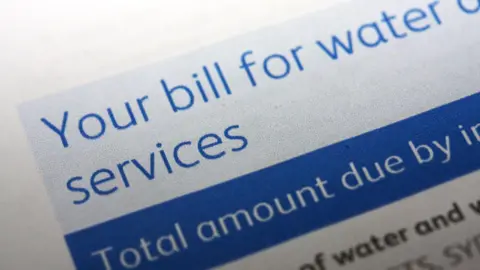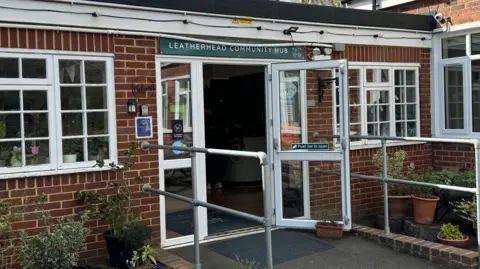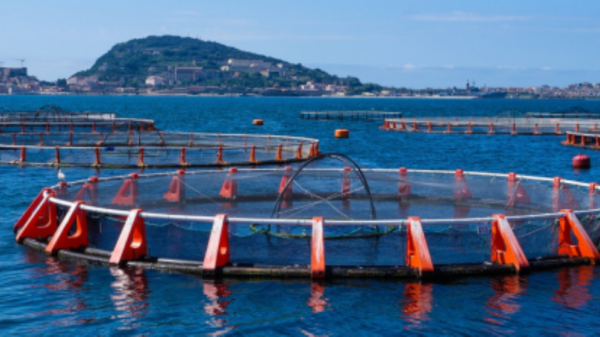BBC Surrey, political reporter
 BBC
BBCMany bills will rise from April 1, a month which has been described by some commentators as “awful April”.
The exact amount people will pay will depend on their individual circumstances.
Although minimum wages are also increasing, and wages on average have been outpacing inflation, household finances could still come under extra pressure.
But what are some of the costs facing residents in Surrey?
Water Bills
Water bills are going up, but there is a lot of variation depending on the company.
Thames Water customers are facing a 31% hike. An annual average bill for 2025-26 is £639, compared to £488 in 2024-25.
Affinity Water has said its clean water tariff will go up; for non-metered customers, the price will increase by 29%, and for metered customers, the rise is 19%.
For South East Water, it is a 20% increase for an average bill.
SES Water has said average customer bills for 2025/26 will go up by 3%.
Council tax
A typical band D home will pay more than £100 compared with last year.
Around three quarters of the money will go to Surrey County Council, which has increased its share of the bill by 4.99%.
Most of the borough and district councils have made an increase of 2.99%, while the amount that goes to Surrey Police has risen by 4.3%.
If you live in an area with a parish or town council that may well mean the bill is higher as well.
Other bills to look out for
Other bills on the rise include gas, electricity, tax for cars registered after April 2017, broadband, phone and TV licences.
For example an annual energy bill for a household using a typical amount of gas and electricity is going up by £111 a year to £1,849 from April.
This is a typical cost facing people across the country, as well as in Surrey.


What if there is a struggle to pay bills?
Many people will find themselves under greater pressure because of the price increases.
Diane from Epsom, who has two children and other caring responsibilities, told BBC Radio Surrey she is dreading ‘awful April.’
“(I am) not really sure how I’m going to make ends meet,” she said.
“All I do know is that when my money comes in, the first thing I do is just pay all my bills and whatever is left is what I have to budget to live on.”
If someone is struggling financially, then local councils, individual water companies and energy suppliers have a range of options to offer some assistance, including debt support programmes, and payment breaks.
People can pay their bills in one lump sum or in instalments and there are also discounts in certain circumstances.
Meanwhile organisations like Citizens Advice offer to help people navigate the system and flag up different sources of financial support and there are also community hubs, where people can find out about emergency food provision, like food banks, and advice services.





























